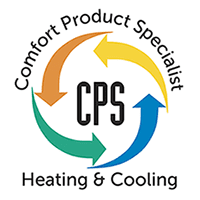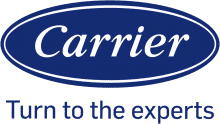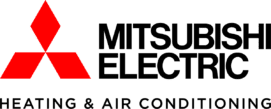In Massachusetts, the transition from summer to fall is arguably one of the most beautiful times of the year. As the humidity lightens and transitions into crisp, fresh air, nature turns over a new leaf (literally). While the multicolored falling leaves create a picturesque view, they can also create issues for homeowners. One of these concerns is their impact on outdoor HVAC units. Most commonly, when leaves build up on the unit, it can lead to decreased efficiency, restricted airflow, and potentially costly repairs. However, with little effort, there are several simple ways to avoid malfunctions and ensure your system continues to perform optimally.
Preparation
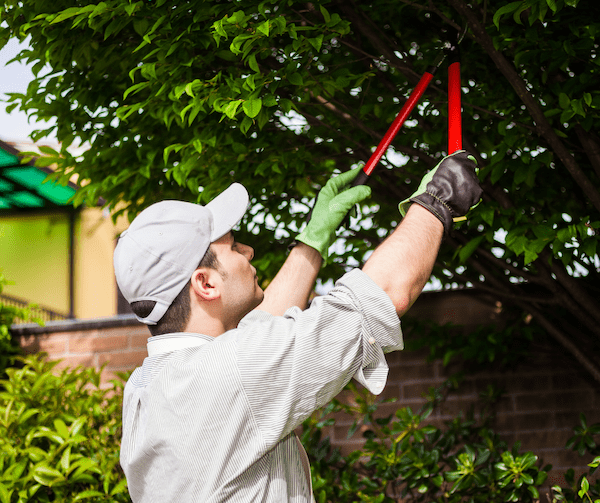
Early fall is the perfect time to start preparing.
Begin by trimming the foliage surrounding your HVAC unit. The fewer branches and bushes nearby the more you can drastically reduce the accumulation of leaves on top of the system and in components where blockages occur. Hiring a professional to ensure your yard’s aesthetic isn’t disrupted or, if you are able to, performing the landscaping duties yourself is a great place to start when preparing for fall to ensure your system can adequately ventilate.
Another excellent way to protect your system from fall’s unique challenges is providing a barrier between your unit and the elements.
- Screens and fences around the unit allow for distance between the leaves and your system. While you will still need to clean them, staying on top of the task becomes less urgent. Such barriers also provide a deterrent to pests and, if sturdy enough, can prevent damage from ice and snow. Consult an HVAC professional prior to installation to ensure the barrier meets safety requirements.
- Professional HVAC covers are explicitly designed to protect HVAC units and, therefore, are a straightforward solution to your leaf-related woes. Remember to remove the cover before A/C season starts so your system can work as efficiently as possible.
- Another option is to take the DIY approach and create your own leaf guard. Be sure to do your research or consult a professional to avoid creating new problems or safety hazards.
Lastly, educating those in your household responsible for yardwork about the importance of keeping the area around the HVAC unit clear of leaves and debris is necessary to reduce the risk of leaf-related damage.
Maintenance
When it comes to HVAC, maintenance is the number one priority. Schedule routine inspections by a professional HVAC technician, ideally during the transitional seasons of autumn and spring. Keeping this schedule will reduce breakdowns during the most essential times of the year for climate control, summer and winter. A trained technician will help you assess your system and advise on your specific needs for fall maintenance. Your tech will also help you know what steps you can take to improve airflow, such as changing your air filter.
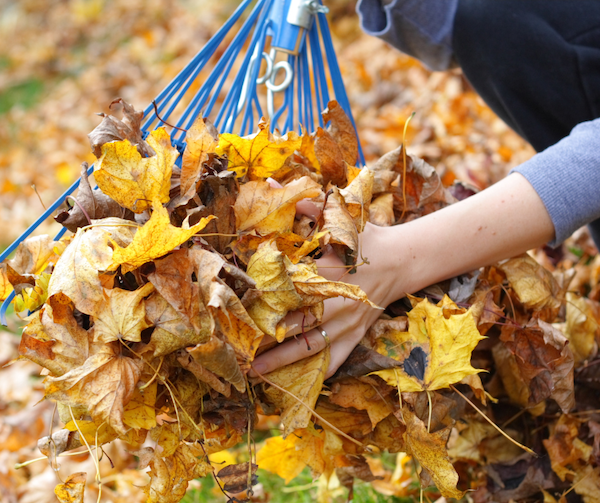
Last on the list of tips for today is maybe the most apparent but equally essential solution to leaf buildup. Raking your leaves (or blowing them) consistently will help prevent unwanted yard debris from building up in and around your condenser.
Taking proactive steps to protect your HVAC system from leaf damage saves you money on potential repairs. It ensures a comfortable and well-maintained indoor environment no matter the season and can extend the lifespan of your heating and cooling system. I hope you take some of these tips onboard, and if you have any questions and are located near Westborough, MA, please reach out any time!
I hope you found this article helpful and look forward to continuing to ensure your comfort and safety. Thank you for choosing CPS.
If you are in need of more information or would like to schedule a free consultation, you can reach us at 508-460-6691 or fill out this form.
